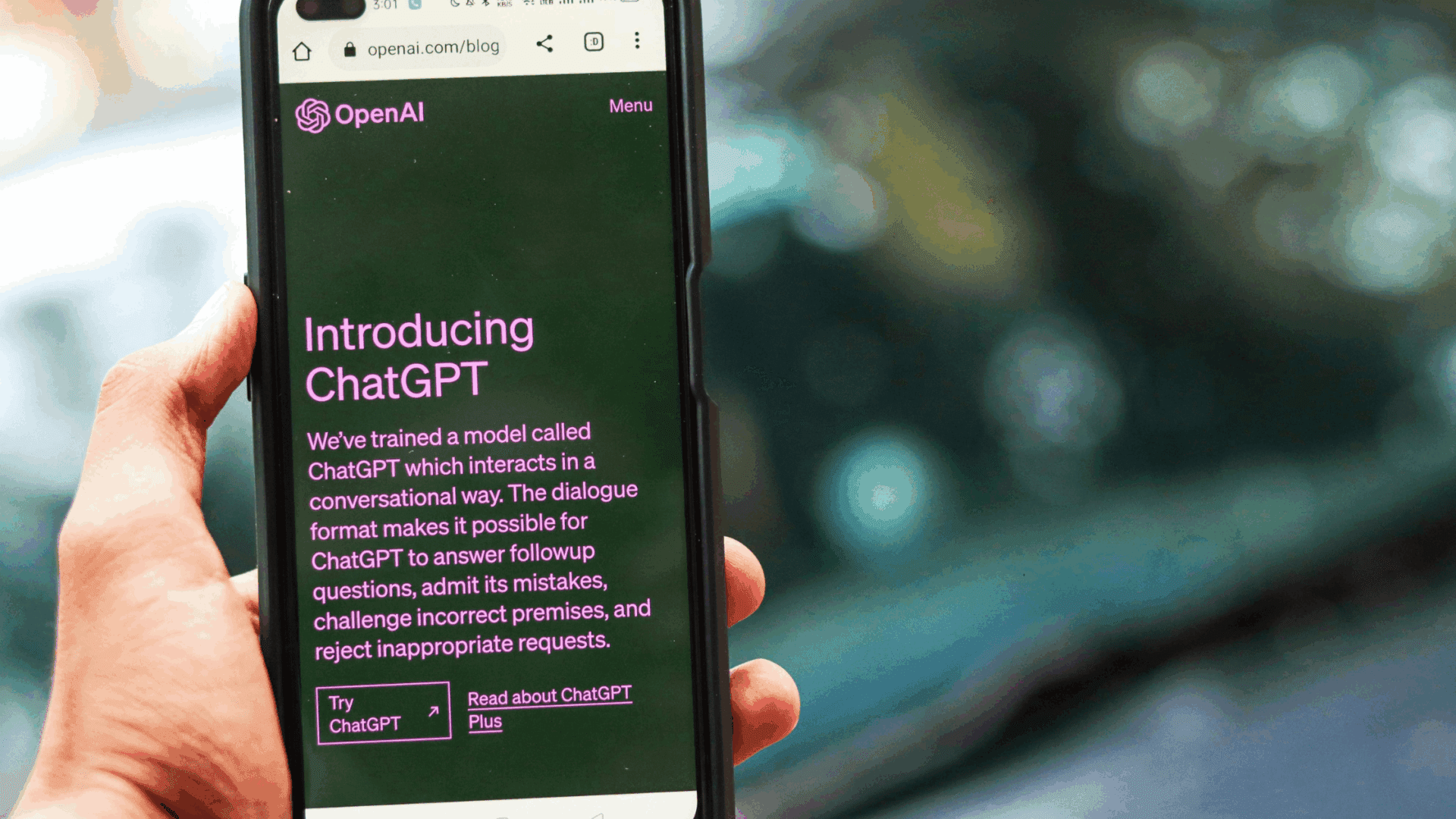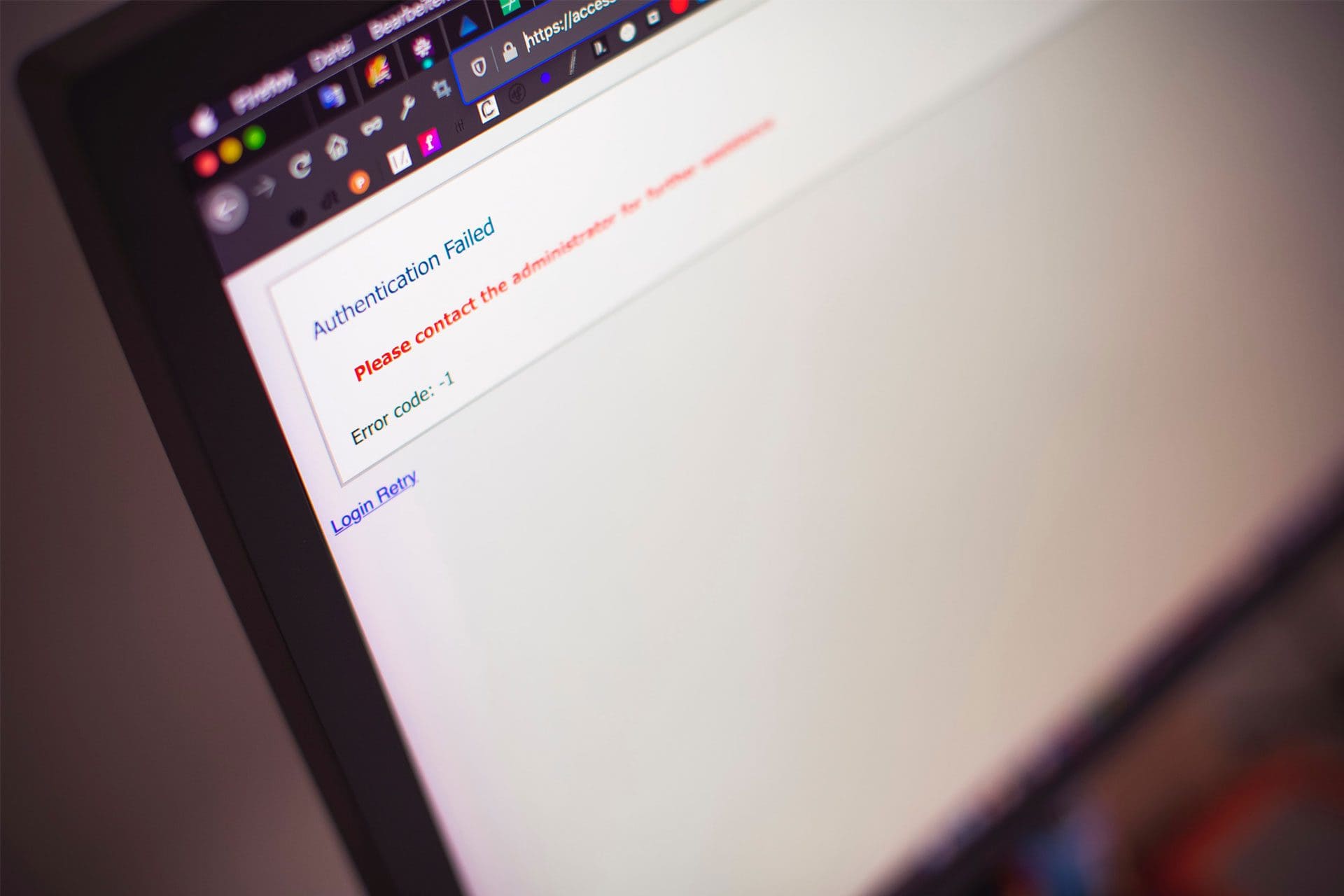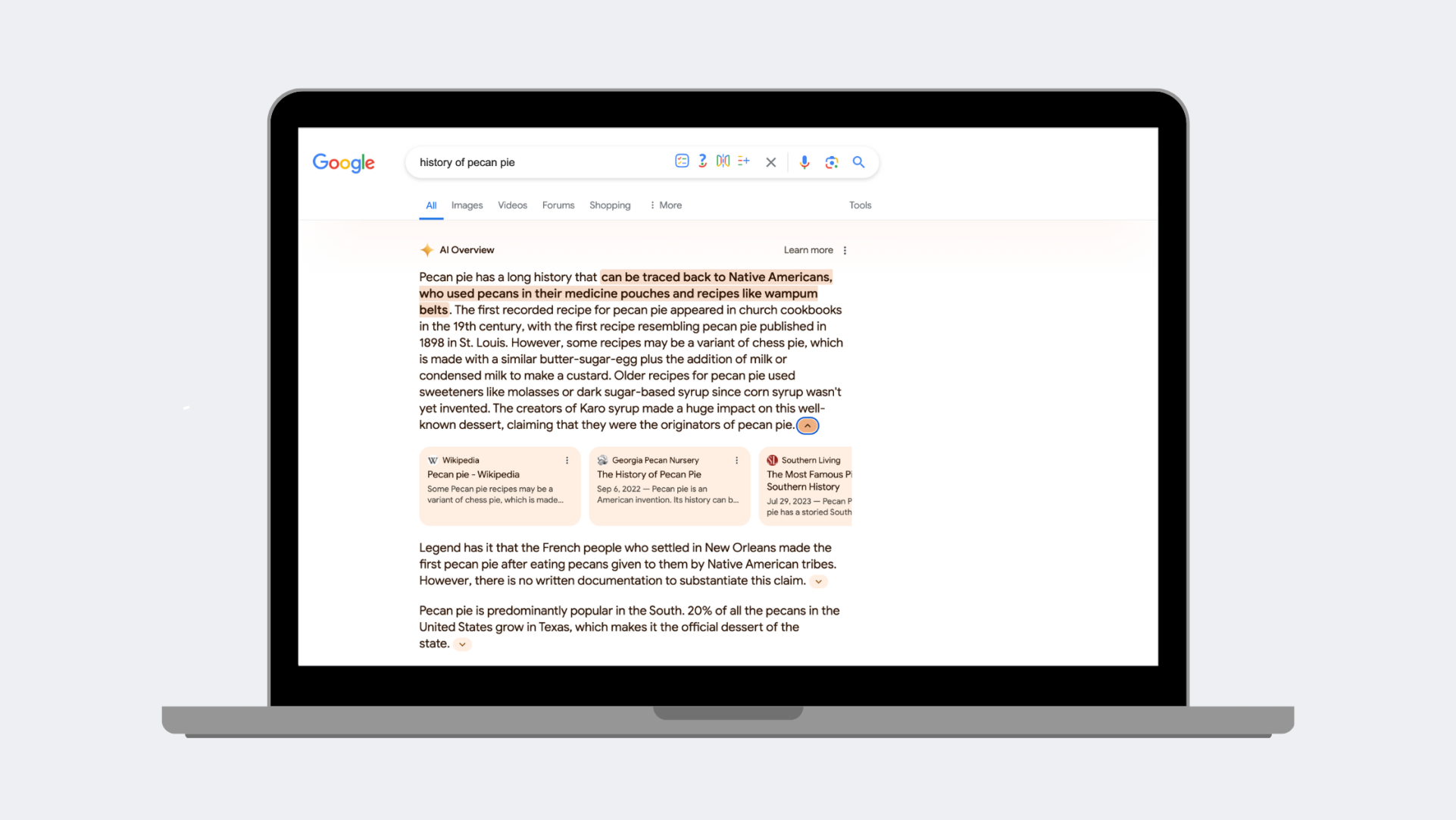
Why Some Websites are More Vulnerable to Attacks than Others

Vulnerabilities are the number one threat to websites. Hackers can exploit vulnerabilities to gain access to your hosting server and full control of your website. That’s why it’s key to know what potential flaws you have within your own website in order to keep it as protected as possible.
Some reasons why vulnerabilities develop include:
- Poor Security Configuration
- Uncontrolled Use of Third-Party Software
- Broken Authentication & Session Management
- SQL Injection
- Local File Inclusion
Ready to step up your website security? Contact JLB today.
Poor Security Configuration
Poor security configuration happens when developers leave important information exposed. The website is susceptible when the developer is not coding securely. For example, a common mistake is exposing information about error handling. Sometimes, programmers also leave information about services that run on the website bare. Sometimes, it may also stem from not updating the software you use for the website.
Uncontrolled Use of Third-Party Software
Third-party programs are a common feature in websites as they’re designed to enhance the functionality. However, some of these third-party applications can cause more harm than good as they introduce vulnerabilities that can expose your website to attacks. As you don’t control the software data, it may have some inherent vulnerability you do not know exists with it and inherit these problems as you use them. This occurs as more scripts and data are introduced.
Also, most users entrust third-party applications with keeping their records or information safe. As a result, when attackers access weak links, they can reach other websites with the information.
Broken Authentication & Session Management
When you log in with usernames and passwords, every time you visit a website or service that requires authentication, they create new cookies on your browser. Cookies are small pieces of data stored locally by your browser which contain information about you such as username, password, email address etc.. Whenever you go back to login into those sites again where they already have those cookies stored because of previous visits, they will automatically fill up all your details automatically without requiring any extra steps from you.
All of this information has to be sent back and forth between the visitor and the server. If that information is not encrypted and is sent as plain text instead, it’s possible for someone to intercept a visitor’s session ID and/or credentials to impersonate that same visitor. This is especially true when operating on a public network (like a coffee shop wifi) or a public computer that anyone else can access and possibly intercept.
SQL Injection
SQL injection, also known as SQLI, is a common attack vector that uses malicious SQL code for backend database manipulation to access information that was not intended to be displayed. This information may include any number of items, including sensitive company data, user lists or private customer details.
The impact SQL injection can have on a business is far-reaching. A successful attack may result in the unauthorized viewing of user lists, the deletion of entire tables and, in certain cases, the attacker gaining administrative rights to a database, all of which are highly detrimental to a business.
Local File Inclusion
Local file inclusion (LFI) is a web vulnerability that lets a malicious hacker access, view, and/or include files located in the web server file system within the document root folder.
Local file inclusion vulnerabilities exist because developers do not properly validate untrusted input before using it in an operation that writes to disk; this allows an attacker to include any file on disk in their target’s path in order to run their own code on the target server. This makes LFI one of the earliest and simplest vulnerabilities for hackers to find — as it doesn’t take much effort to access the system.
Let Our Experts Keep Your Website Secure
Need help with your website security? At JLB, we provide web design services all in-house with full support. We can help your business define any problems with your website security and necessary solutions. Our number one goal is to deliver affordable, high-end custom websites with a private collection of proven tools and services that give your business the ultimate advantage.
Contact us today to learn more about our marketing services and get a quote.
Have A Project For Us?
Website design services & digital marketing tailored for user experience and
attracting the right traffic for you with support-that-matters!



